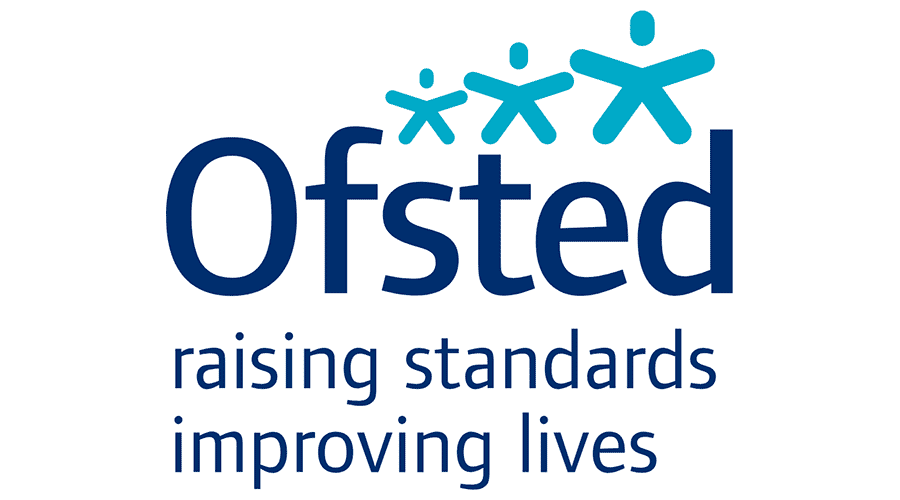

The Office for Standards in Education, Children’s Services and Skills (Ofsted) unveiled key findings from school inspections and 89 per cent of schools received outstanding ratings.
Ofsted analysed data from school inspections that were conducted between September 2022 and August 2023.
In its latest release, the Office for Standards in Education, Children’s Services and Skills (Ofsted) has unveiled key findings from school inspections conducted between September 2022 and August 2023.
The recent inspections show that 89 per cent of schools across the nation have been classified as “good” or “outstanding,” marking a marginal uptick from the 88 per cent recorded in August 2022.

This surge in school inspections, funded by the Department for Education, aims to compensate for the inspections missed during the COVID-19 pandemic and ensure all schools are evaluated at least once between April 2021 and August 2025.
In graded inspections, 75 per cent of the schools classified as ‘Needs Improvement’ are now rated as ‘Good’ or ‘Outstanding’ and 70 per cent of previously good schools have retained their status.
The data also shows the regional variations in the ratings of schools, with some regions performing better or worse than others.
The London region had the highest proportion of schools rated good or outstanding (95 per cent), followed by the North East region (91 per cent) and the South East and North West (90 per cent each).
The lowest proportion of schools rated good or outstanding was in the South West (85 per cent), followed by Yorkshire and the Humber and Esat Midlands (86 per cent each) and the West Midlands (87 per cent).

The data showcases a substantial increase in inspections with 7,239 inspections compared to the previous year’s 4,669.
The new Education Inspection Framework (EIF), which came into effect on 1 September 2019 and replaced the Common Inspection Framework (CIF), places more emphasis on the quality of education, the curriculum and the personal development of pupils rather than on test results and performance data.
With this new framework, primary schools consistently outperformed secondary schools, giving more importance to early childhood education in the UK.
The ex-Minister of State for School Standards, Nick Gibb emphasised the importance of reading fluency at the primary school level in a speech at the Reading Reform Foundation Conference stating, “The Education Inspection Framework, introduced in September 2019, reflects this ambition by placing a greater emphasis on the quality of education and the curriculum, including the teaching of early reading through systematic synthetic phonics.”
The Department for Education said that the data demonstrates the positive impact of the new Education Inspection Framework on raising standards and ensuring that all pupils receive a high-quality education.
The department also said that it is committed to supporting schools to improve further and to reducing the gap between the most and least advantaged pupils.